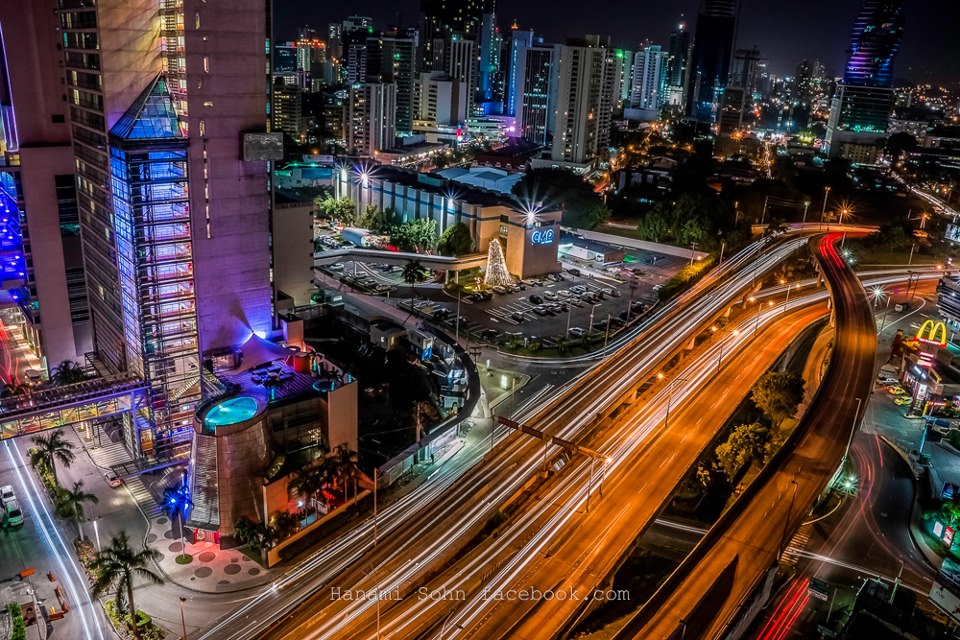Mr. Saik touched a raw nerve when he released “La Chama.”
Panama’s hit single is about a Venezuelan woman who “fears nothing but immigration officers,” and “was famous in her own country but here does something else” – the something else presumably being prostitution.
Hundreds of thousands of Venezuelans fleeing economic collapse are crowding into cities and makeshift camps in Colombia, Brazil, Ecuador and throughout the region, the largest mass emigration in modern Latin American history. The resulting friction mirrors that in nations from the U.S., where immigration pervades the national debate, to Germany, where war refugees have upended politics, to Italy, where an anti-migrant party made stunning gains Sunday.
In Panama, the sympathy that greeted early arrivals from Venezuela, many wealthy professionals, is giving way to fear and resentment of the poor and desperate. It is evinced by outbreaks of nationalistic insults, harassment and even violence. Mr. Saik’s song brought him death threats from aggrieved migrants.
“The situation is so tense that people just react,” said Christian Maldonado, who represents the singer whose real name is Fernando Cabrera. He helped produce the song, whose title is a slang reference to Venezuelans. It’s ubiquitous in Panama City’s taxis and bars.
Venezuela’s slump since socialist autocrat President Nicolas Maduro took office in 2013 is the deepest in the Americas in recent history. Oil output, the economy’s mainstay, has plunged as the state producer runs out of money – and as Maduro imprisons its officials and replaces them with military men. Hyperinflation has made the currency worthless, and malnutrition is now endemic.
Almost 2 million Venezuelans are living outside the country.
About half a million are in Colombia alone, and they are arriving at the rate of about 100,000 per month. President Juan Manuel Santos said the influx is perhaps his country’s most serious problem. He’s tightened visa rules and deployed troops to patrol informal border crossings. Alejandro Ordonez, a conservative presidential candidate, has tried to capitalize, saying that many Venezuelans are involved in “criminal structures” and calling on the government to protect jobs for Colombian workers.
In Colombia, Venezuelans trying to get by selling snacks on public transport have been set upon by local vendors. Peruvian media showed video of a fist fight on a bus after a man got into a shouting match with Venezuelan passengers, accusing them of fleeing their country “like rats.” In Trinidad and Tobago, authorities have rounded up migrants suspected of being in the country illegally, deporting some and imprisoning others, Living Water Community, a human rights group said.
Latin American governments have generally responded charitably, in some cases passing provisions that have made it easier to study or work, said Tamara Taraciuk Broner, an Argentina-based researcher who specializes in Venezuela for Human Rights Watch. Problems have arisen in countries where the flood of migrants has created competition for jobs, she said.
“I would separate the actual government reaction from the populist one,” she said.
Panama, a country of 4 million, has attracted roughly 80,000 migrants, according to official figures, although the real number is likely higher. Within the past year, anti-Venezuelan feeling has grown as television hosts and politicians joined nationalist groups in calling for tighter controls amid fears of higher crime and falling wages.
“Anti-immigrant groups say it’s not xenophobia, but Venephobia,” said Humberto Bauder, a dual citizen who sits on the migration committee of Panama’s National Association of Lawyers. “Now you see migrants from lower economic classes arriving, and Panamanians see that as a threat.”
Last year, President Juan Carlos Varela announced new policies, including cutting tourist stays to three months from six and requiring first-time visitors from Venezuela to apply for visas. With Panama due to elect a new president in 2019, migration is a campaign issue.
“The doors are open to the Venezuelan people, but their regime in Venezuela has to fix its own problems,” Varela said in an interview with Bloomberg Television in Dubai. “We are allowing them to come to our country. They are welcome to our country. But we cannot receive 10,000 per month.”
For decades, oil-rich Venezuelans were stereotyped as wealthy and haughty, an impression that feeds the current dynamic.
Bitterness surfaced on social media in 2015 when a Venezuelan woman in Panama posted angry messages on Facebook, saying that without migrants, Panamanians would be “living in a desert, eating bananas like the monkeys they are.”
Furious locals mounted a campaign to have her thrown out of the country. She was eventually expelled under a law that allows deportation of any migrant who incites racial, cultural or political hatred.
Some Venezuelans say the scorn goes the other way.
“The xenophobia we face is constant,” said Yasmin Garcia, a former human-rights lawyer who sought asylum in Panama City in 2016. She wound up as a maid, and her 13-year-old son was bullied by schoolmates who told him to get out of the country.
Andres Gonzalez Aguilar, 24, who worked as a waiter, was at a restaurant with a friend when young men attacked him after asking if he was Venezuelan. He believes they were egged on by a flyer going around social media and posted in bars that offered a 50 percent discount to anyone who punched a Venezuelan in the face.
Extreme groups are promoting violence, said Pedro Rincon, 33, the leader of Panama for Panamanians, a group that has held anti-migrant rallies.
“It started to become more tense when foreigners began to come without any resources, just their suitcases,” he said. “You see that they’re desperate, they come with blood in their eyes, consuming everything they can.”
In was into this charged atmosphere arrived “La Chama,” with its reference to “my Venezuelan girl . . . who’s famous on the street corner,” which dropped in December. Maldonado said the singer meant it as harmless fun. Yet some Venezuelans say it exemplifies their uneasy relationship with their adopted home.
“Even my children have to listen to other students at school sing it,” Garcia said. “It’s humiliating.”
